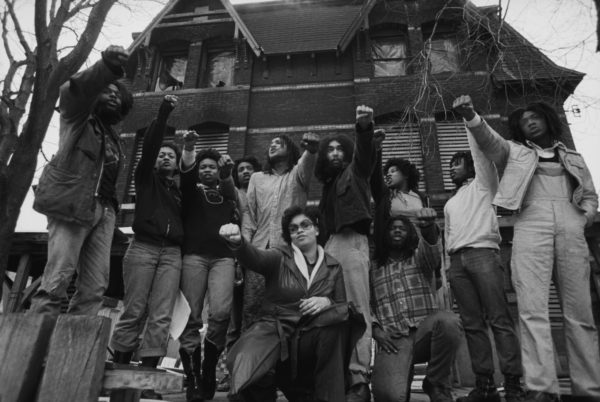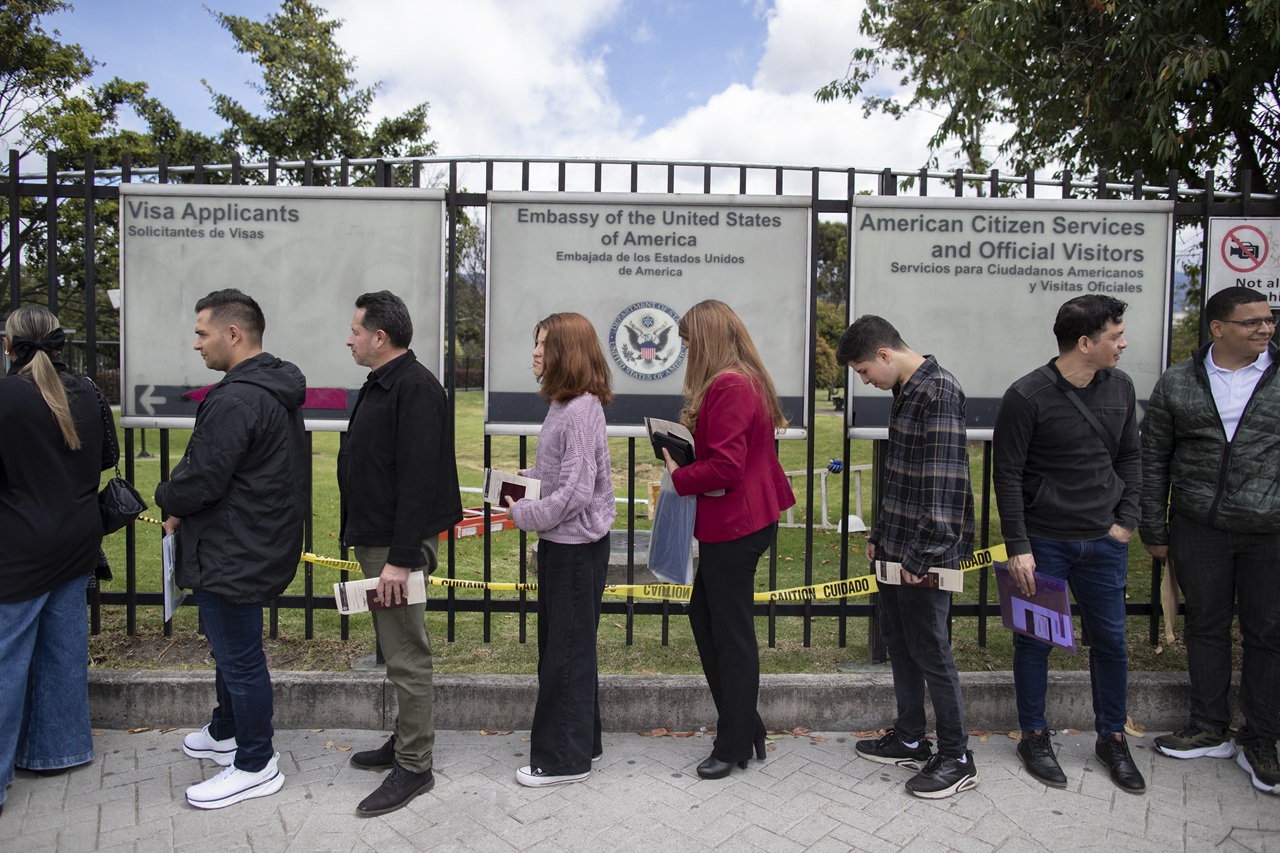
There will be no justice for Penn and Princeton’s treatment of MOVE victims’ remains
Bombshell reports revealed the universities shuttled the remains back and forth, and used them in educational settings without ever contacting next of kin.
On Monday, April 26, members of the Black revolutionary group MOVE learned through reports from the Philadelphia Inquirer and Billy Penn that the Penn Museum had housed the remains of Delicia Phillips Africa, and Katricia “Tree” Dotson, 14, for years following the bombing on Osage Avenue.
In May 1985, following a violent confrontation between law enforcement and members of the group, the city of Philadelphia dropped a satchel bomb laced with Tovex and C-4 explosives on the MOVE organization, who were residing in a West Philadelphia row home.
The bomb killed 11 people, including five children and the organization’s founder. It also destroyed 61 homes and left 250 citizens without a home.
Members of MOVE did not demand the return of the remains, claiming that they do not trust Penn Museum or officials, but they did call for the release of Mumia Abu-Jamal, a political prisoner who was convicted of killing a Philadelphia police officer in 1981.
Consuewella Dotson Africa, the mother of Tree and Zennet Africa, who both perished in the bombing, said: “They can’t give us our children. Our children are gone.”
The Penn Museum did issue an apology to the Africa family, for “allowing human remains recovered from the MOVE house to be used for research and teaching, and for retaining the remains for far too long.”
Both the University of Pennsylvania and Penn Museum are working on returning the remains, and the university has hired attorneys to investigate how and why the remains came into the museum’s possession and what happened to them.
The organization rejected this apology during a news conference at the group’s office in West Philadelphia, saying that the words, which are 36 years late, are meaningless and come from an institution that has proven themselves to be untrustworthy.
Following the 1985 bombing, the city’s medical examiner’s officer supposedly transferred the remains to Penn Museum for additional forensic analysis after an initial investigation.
This analysis was conducted by a former University of Pennsylvania professor, Alan Mann, who disputed the city’s original findings that some of the remains were linked to Tree and Delisha.
The museum held the remains for years until 2001 when Mann transferred them to Princeton University and allegedly took the bones with him. The bones were then used for instructional videos offered online by Princeton, and then they were returned to Penn in 2016 for more analysis.
Under the city’s current policy, remains are to be directed to the next-of-kin, and unclaimed remains are to be cremated.
MOVE member Janet Africa, mother of Delisha, said that no one had ever made any MOVE members aware of the remains. Africa, along with her fellow members are appalled that the universities put the remains on display for instructional purposes and treated them like they were “some type of ride in a park.”
Africa is enraged that not only did the universities take and defile the remains of her family and friends, but they also lied about it.
“They denied us the right of putting our family where they’re supposed to be when they move on to the next level,” she said at the press conference.
On the evening of Wednesday, April 28, more than 100 MOVE members and their allies gathered on Penn Museum at 33rd and Spruce Streets, making their demands clear.
They called for the immediate return of the remains of Delisha and Tree Africa, a full investigation into the two university’s role in the unethical possession of the remains, the firing of Penn faculty member and curator Janet Monge, a formal apology from both universities and reparations for this inhumanity.
“They’ve been doing this to our Black bodies for hundreds of years, in the name of science, in the name of study,” YahNé Ndgo, writer, singer and active member of Black Lives Matter Philly was quoted as saying by The Philadelphia Tribune.
The museum claims that Mann was tasked with confirming the identities, but James Garrow, communications director of the Philadelphia Department of Public Health, told the Tribune that it goes directly against policy.
RELATED CONTENT
“Remains would never be released to a third party without the consent of the next of kin,” he said.
But Mann and Janet Monge, who was then a University of Penn student and is now Penn Museum’s anthropology curator, allegedly held onto the remains for decades between the Penn and Princeton University laboratories.
A course Monge taught during which she was meant to use the remains, has since been suspended.
During Wednesday’s protest, Africa echoed Ndgo’s statement, saying: “This system has consistently been killing our children for years.
"In the womb, outside and womb and as young children,” she continued.
Africa detailed several instances where the children were not present in the Osage Avenue home on a regular basis and condemned the way city officials attacked the house with the bomb only after the children had returned from shopping on May 13, 1985.
City Councilmember Jamie Gauthier reacted similarly to the universities' actions, saying that the use of these bones to further research for their own gains dehumanizes the victims.
A Philadelphia funeral home picked up the remains of Delisha Africa and Tree Africa from the home of Alan Mann on Friday, April 30.
Gregory Burrell, President and CEO of Terry Funeral Home, told the Tribune that Penn Museum director Chris Woods contacted him earlier in the week to begin the process.
“We got that permission [to transfer the bones] Thursday, so we’re picking up the bones Friday morning at Alan Mann’s house. The bones will then be housed at Terry Funeral Home until further notice,” Burrell said.
Editor's Note: After review, parts of this article have been amended to be more in line with AL DÍA's editorial standards.











LEAVE A COMMENT: